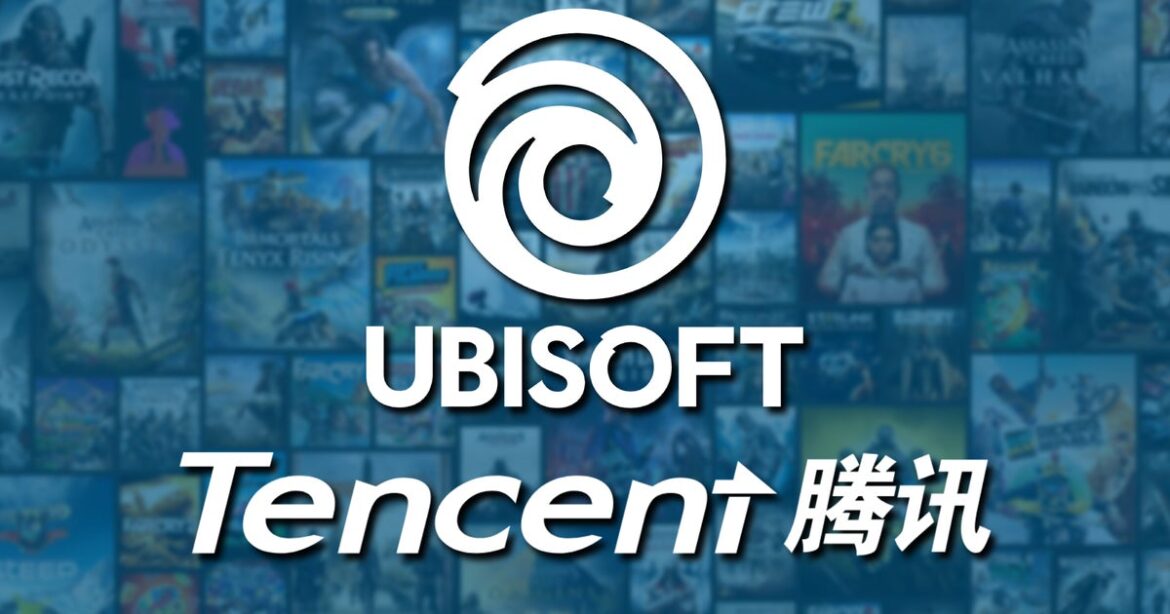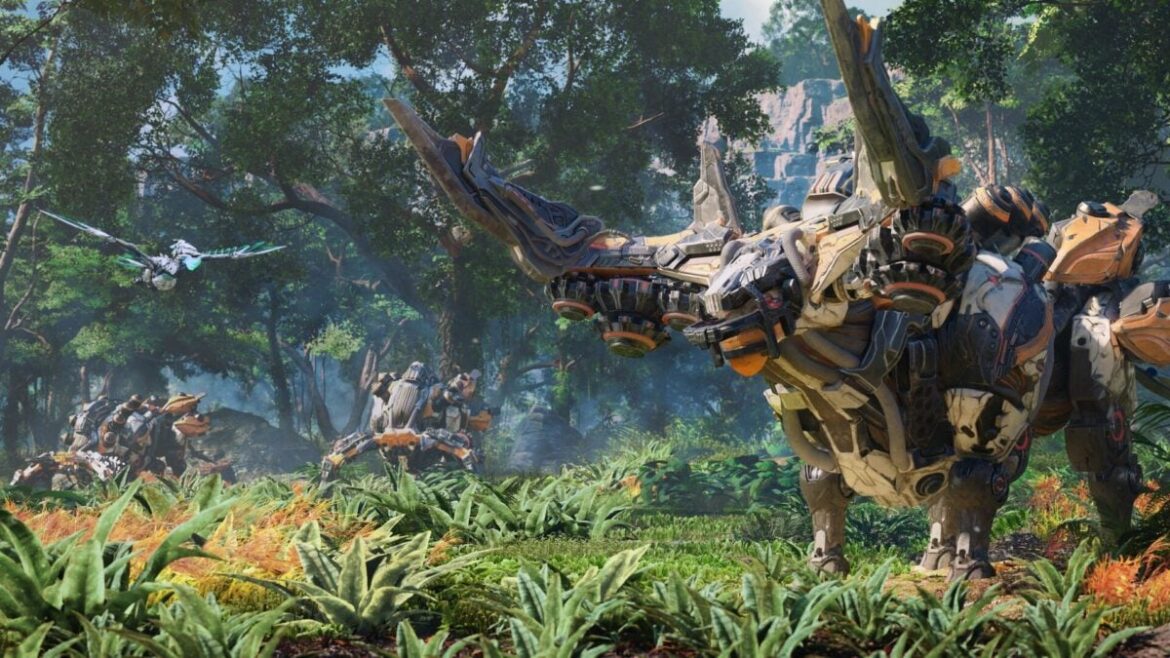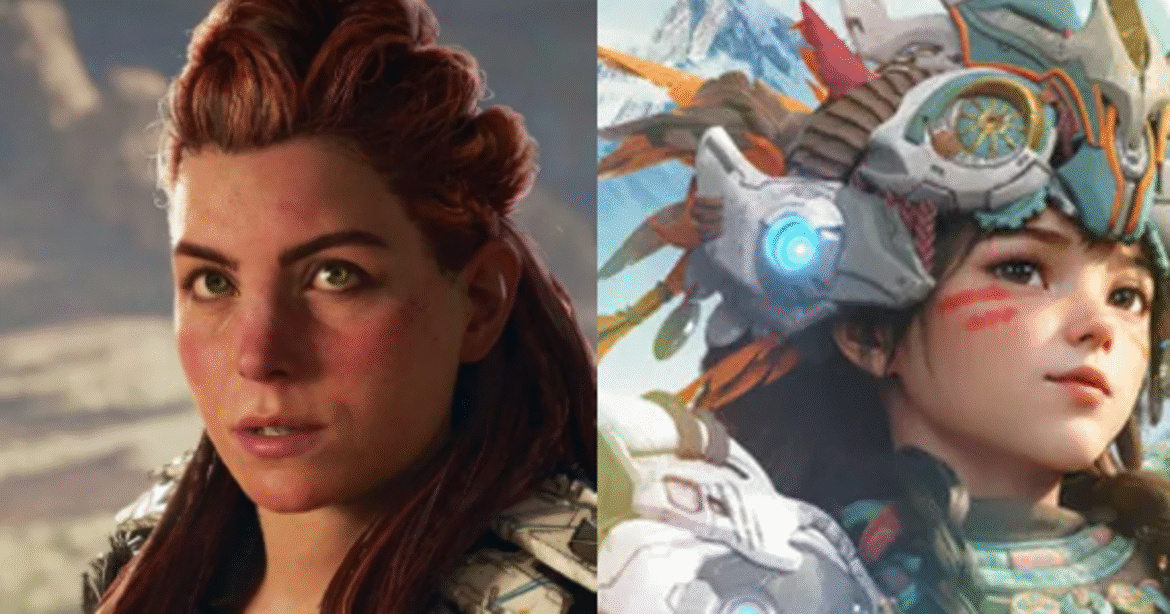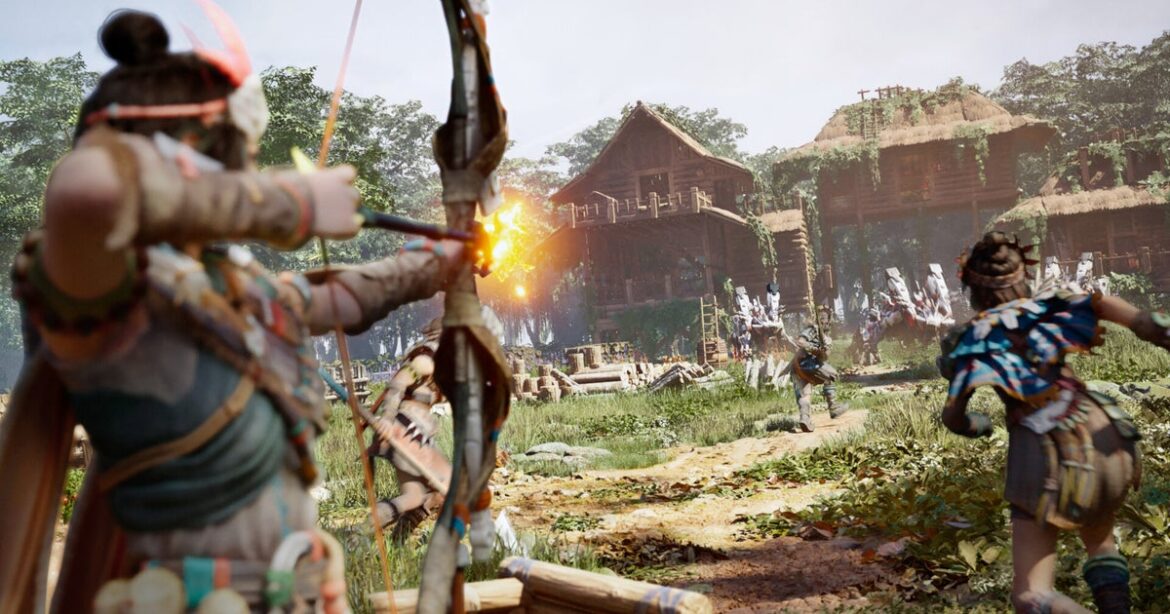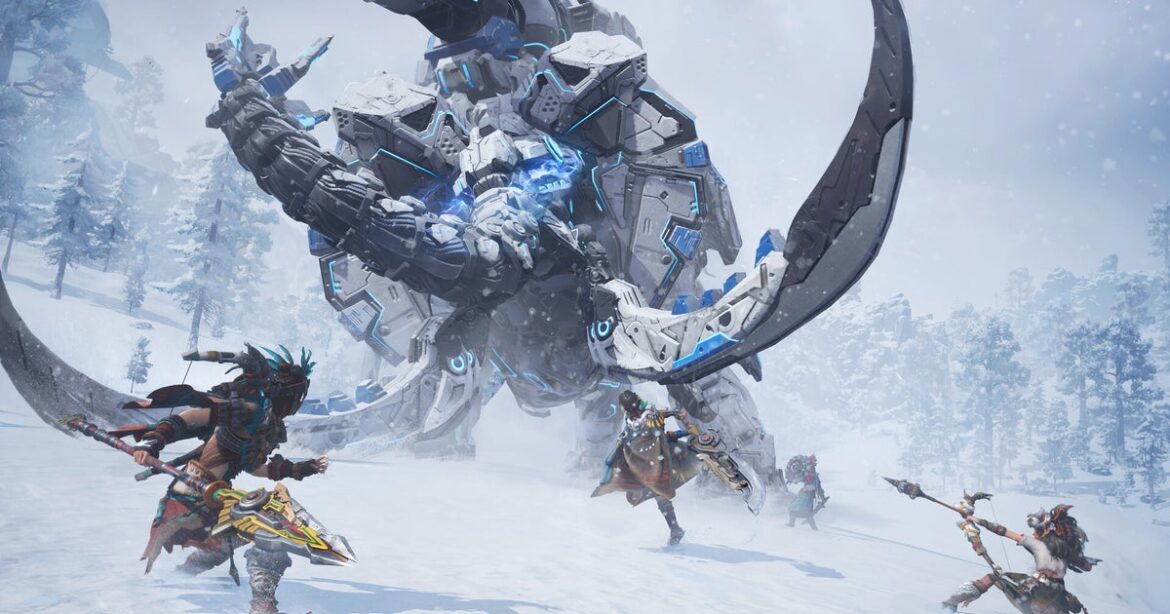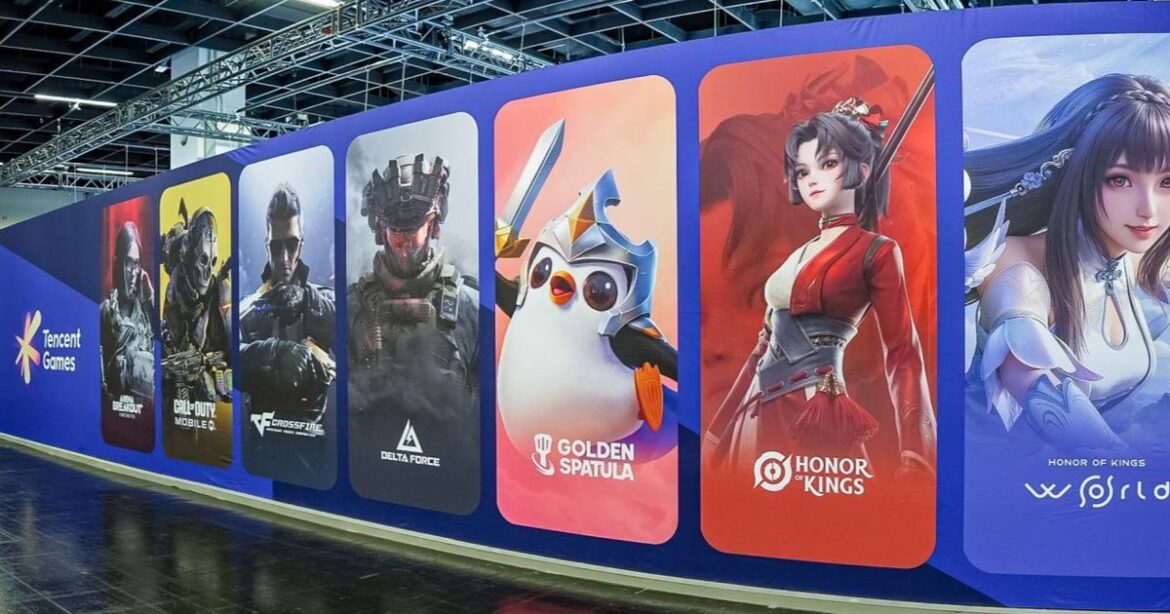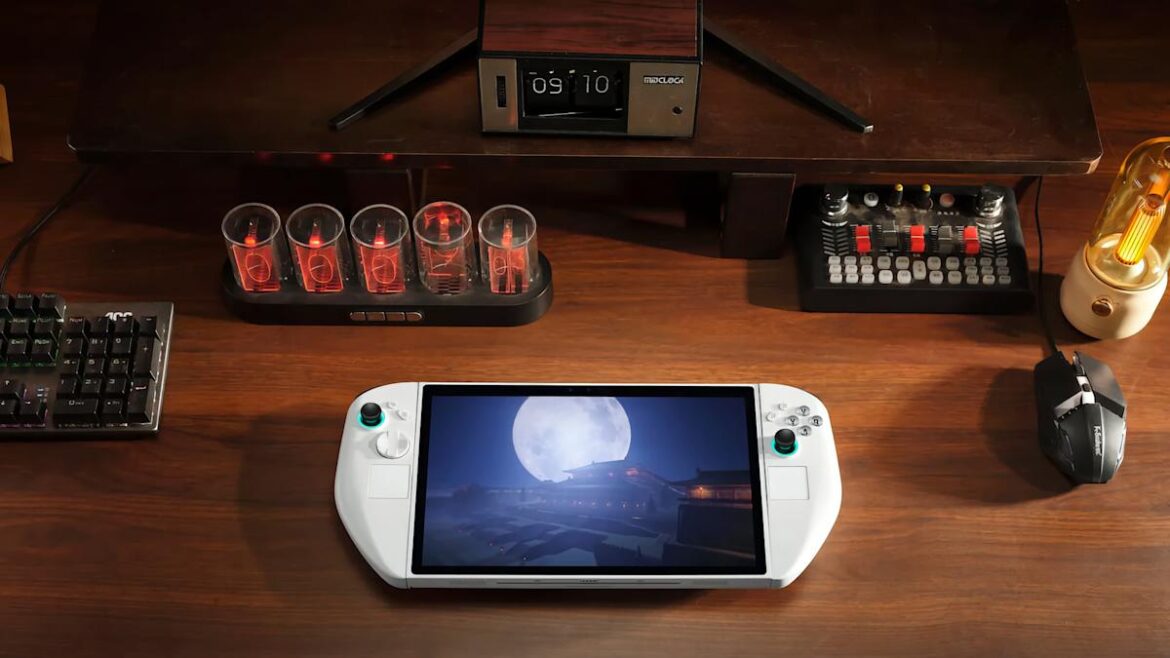The breakout game development business co-owned by Tencent and Ubisoft finally has a name: Vantage Studios. Eurogamer understands from a source that it’s starting operations today, and will be responsible for new games across many of Ubisoft’s biggest IPs, such as Far Cry, Rainbow Six Siege, and Assassin’s Creed.
Vantage Studios is composed of 2,300 employees across multiple Ubisoft game development teams, including those from Montreal Quebec, Sherbrooke, Saguenay, Sofia, and Barcelona. The studio will be run by the duo of Christophe Derennes and Charlie Guillemot.
Vantage Studios operate under a less centralised model compared to Ubisoft proper, with each development team having more ownership over its own respective project. This in theory would allow developers to be more fluid, and pivot according to industry changes and player expectations, per Eurogamer sources.
Check out Eurogamer’s video review of Assassin’s Creed Shadows here.Watch on YouTube
The formation of Vantage Studios comes as the climax of a tumultuous period for Ubisoft, which reportedly was considering this new venture with Tencent in January of this year following years of lacking performance. This new venture, which would bring many of Ubisoft’s biggest IPs under a new roof, was officially announced in March with Tencent taking a €1.16bn stake in the new business entity.
As for Tencent’s involvement, the Chinese company will have a 25 percent stake in Vantage Studios, and will act in an advisory role to the subsidiary’s leadership team. However, Guillemot and Derennes will retain control over both creative and business decisions. Ubisoft hopes this will allow its teams to have a better degree of creative freedom, per a source familiar with the subject.
How other studios, most notably Massive Entertainment, will operate going forward currently remains unlear. Eurogamer understands the publisher wants its devs to operate in a more decentralised way, with developers taking more ownership of the titles they’re working on – the company employs approximately 20,000 staff at the time of writing (per its site), and how the other ~17,000 staff will fit into this new vision remains to be seen.

